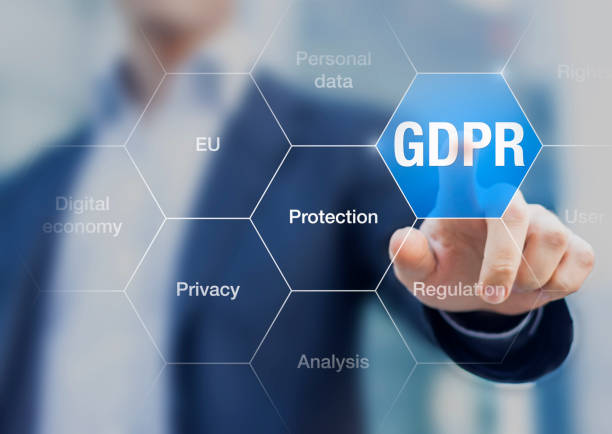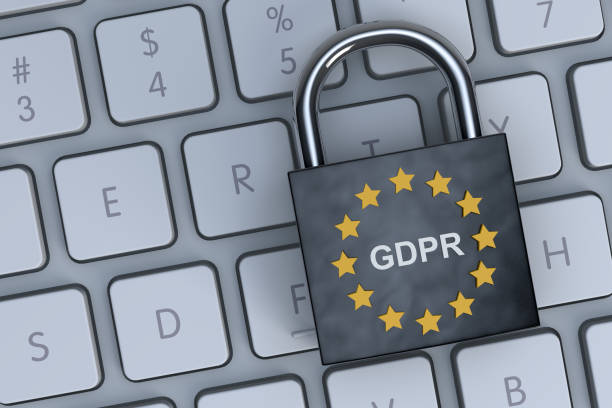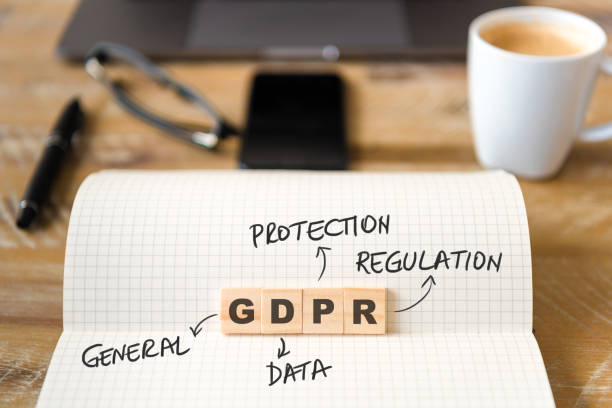In an era where data privacy is paramount, fundraising organizations must comply with the General Data Protection Regulation (GDPR) and other data protection laws to safeguard donor information and maintain trust. Non-compliance can lead to hefty fines, reputational damage, and the loss of donor confidence. Here, we outline best practices to help organizations navigate the complexities of data protection during fundraising campaigns.
Understanding GDPR and Its Implications

GDPR, enacted by the European Union, is a comprehensive regulation that governs the handling of personal data of individuals within the EU. It applies to organizations worldwide that process or control such data. Key principles of GDPR include:
- Lawfulness, Fairness, and Transparency: Organizations must process personal data transparently and with a lawful basis.
- Purpose Limitation: Data should only be collected for specified, explicit, and legitimate purposes.
- Data Minimization: Only collect data necessary for the intended purpose.
- Accuracy: Ensure the data is accurate and up to date.
- Storage Limitation: Retain data only for as long as necessary.
- Integrity and Confidentiality: Implement security measures to protect data from unauthorized access.
Other Relevant Data Protection Regulations
In addition to GDPR, organizations must also consider:
- California Consumer Privacy Act (CCPA): Provides California residents with rights regarding their personal data.
- Personal Information Protection and Electronic Documents Act (PIPEDA): Canada’s federal privacy law for private-sector organizations.
- Data Protection Act 2018 (DPA): The UK’s implementation of GDPR, with additional provisions.
- Australia’s Privacy Act 1988: Regulates the handling of personal information by Australian entities.
Organizations must identify the jurisdictions relevant to their fundraising activities and ensure compliance with applicable laws.
Best Practices for GDPR-Compliant Fundraising

1. Obtain Informed Consent
Before collecting personal data, obtain explicit and informed consent from donors. Ensure that:
- Consent is given freely, specifically, and unambiguously.
- Donors are informed about how their data will be used.
- Records of consent are maintained for audit purposes.
2. Maintain a Robust Privacy Policy
Develop a clear and comprehensive privacy policy that outlines:
- The types of data collected.
- The purposes for data collection.
- How data is stored and protected.
- Donors’ rights, including access, correction, and deletion.
Ensure this policy is easily accessible to all donors.
3. Implement Data Security Measures
Adopt technical and organizational measures to secure donor data, such as:
- Encryption of sensitive data.
- Regular security audits.
- Training staff on data protection protocols.
4. Respect Donor Rights
Under GDPR, donors have rights that organizations must honor, including:
- Right to Access: Donors can request access to their data.
- Right to Rectification: Donors can correct inaccurate or incomplete data.
- Right to Erasure: Donors can request the deletion of their data.
5. Conduct Regular Data Protection Impact Assessments (DPIAs)
For large-scale fundraising campaigns, perform DPIAs to:
- Identify and mitigate risks to donor data.
- Ensure compliance with GDPR and other regulations.
6. Partner with GDPR-Compliant Vendors
When outsourcing services, such as payment processing or email marketing, ensure third-party vendors comply with GDPR and relevant regulations.
7. Implement Data Retention Policies
Define clear retention periods for donor data and securely delete data that is no longer needed.
Benefits of Compliance
Adhering to data protection regulations not only avoids legal repercussions but also fosters trust and transparency with donors. Compliance signals an organization’s commitment to respecting donor privacy, which can enhance donor loyalty and improve fundraising outcomes.
Conclusion
Navigating GDPR and other data protection regulations may seem challenging, but it is essential for ethical and effective fundraising. By prioritizing donor privacy and implementing robust compliance practices, organizations can safeguard personal data, build trust, and ensure long-term success in their fundraising endeavors.





